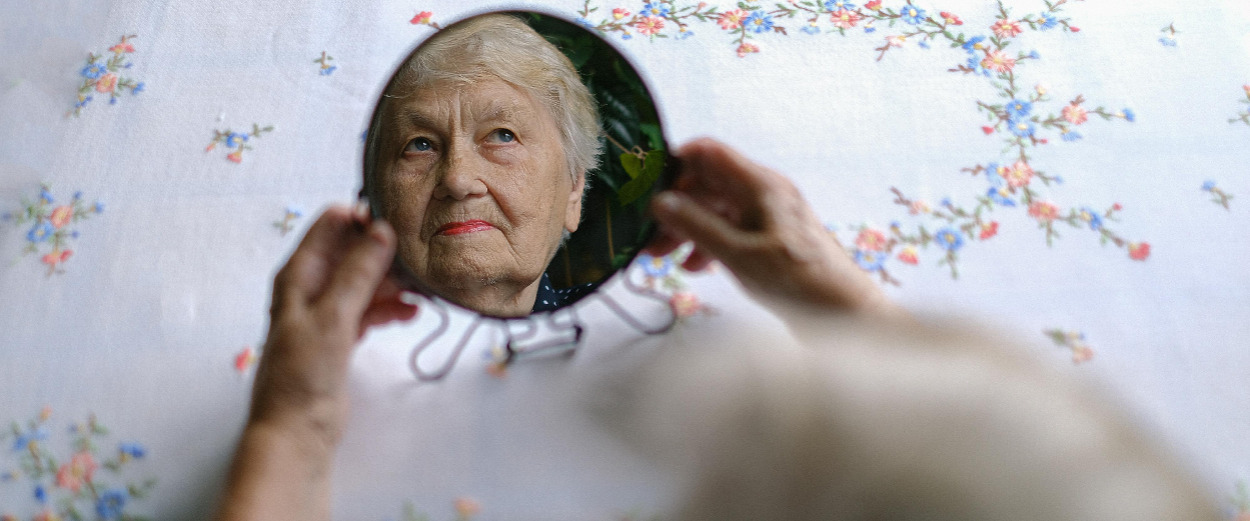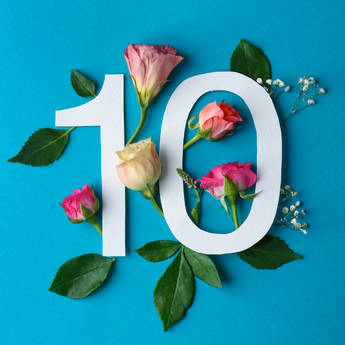In today’s post, we provide the questions that were sent in and asked during the live session of our Questions and Experts session held on September 19, 2023. In this session, Dr. Tina Hsu, MD, FRCPC answers all your questions about navigating a breast cancer diagnosis at an older age. In the parentheses, you’ll find the timestamp of where to find the question in the on-demand video.
Treatments
How does the care and treatment plan for a patient over 65 with metastatic breast cancer differ from those for a younger patient with the same diagnosis? (6:52)
Do older patients need different symptom and treatment management than younger patients on the same treatment plan? (9:32)
What would be the best treatment for lobular breast cancer in a 78-year-old? (12:24)
What are any further treatment options for a 72-year-old woman who has already had a radical mastectomy, chemotherapy, radiation, and auxiliary node dissection if their recent biopsy comes back positive? (54:57)
Are there more benefits from alternative health treatments for older patients than for younger patients? (44:17)
If a patient isn't an ideal candidate for chemotherapy, what are the other options in terms of treatments? (59:23)
Would it be necessary to treat stage one breast cancer which had clear margins after a bilateral mastectomy in a patient over 70? (27:14)
Do the side effects for hormone treatments manifest differently in older patients? (45:02)
If there's a case where a patient chooses no chemotherapy, no surgery, and no radiation therapy, what happens in that situation? (1:03:42)
Communication & Advocacy
How would a patient bring up this conversation about their needs as an older patient with their healthcare provider? (14:45)
Do older patients need to advocate more for themselves in a healthcare setting? (19:19)
How should healthcare teams communicate with older patients knowing there may be a technology gap? (22:44)
What advice can you give for caregivers or adult children of older patients who may have immigrated or don’t speak the language to ensure their voices are heard and cultural needs met in the healthcare system? (1:21:41)
How do you balance the decisions of older patients when their adult children may be trying to decide on their care for them? (49:35)
Following up
Is the approach to follow-up tests and surveillance tests different between older patients and younger patients? (16:45)
Should older patients request bone density tests to be a part of their follow-up plan? (34:06)
What are the unmet needs of individuals who are older when they're going through diagnosis in terms of health access and psychological support? (4:08)
Lifestyle
What is some advice about nutrition for older patients? (38:02)
What do you say to older patients about drinking alcohol? (1:09:11)
Are there any health counter measures or nutritional means that can reduce the chance of a recurrence if you decide to go off chemotherapy because of the side effects? (1:07:58)
Where can older women find screening information and nutrition support to help prevent a recurrence? (1:12:57)
Recurrence
Are most breast cancer diagnoses in older women a first-time diagnosis or a recurrence? (39:47)
Do individuals who were diagnosed younger and who are now in their 60s or 70s still need to worry about recurrence? (1:03:26)
What are some tips to help prevent recurrence and promote long survivorship? (56:45)
Are there any health counter measures or nutritional means that can reduce the chance of a recurrence if you decide to go off chemotherapy because of the side effects? (1:07:58)
Where can older women find screening information and nutrition support to help prevent a recurrence? (1:12:57)
Screening & Testing
How would breast cancer patients 50 years and older with dense breasts access additional screening beyond mammograms? (24:49)
When is the cutoff age for mammograms? (40:34)
Is there a benefit to having mammograms after age 70? (1:05:33)
Will they do genomic testing on someone over 70 years old when they're trying to decide if they're going to give them treatment? (29:00)
Is the approach to follow-up tests and surveillance tests different between older patients and younger patients? (16:45)
Should older patients request bone density tests to be a part of their follow-up plan? (34:06)
Are there specific tests that patients can do whether by themselves, or with their caregivers or physicians to test if they are fit for chemotherapy? (31:52)
What is the purpose of a doctor scheduling a pet scan if sample cells from a biopsy were cancer-free? (1:11:39)
Where can older women find screening information and nutrition support to help prevent a recurrence? (1:12:57)
Miscellaneous
At what age is a breast cancer patient considered “older”? (2:41)
Do lobular breast cancers get diagnosed more in late age? (1:06:34)
Are there certain comorbidities that you see more in older patients? (46:50)
Why don’t oncologists openly discuss aging and cancer? (42:02)
Where can someone go to look up a doctor that can help them in this way (as an older patient)? (1:15:20)
What type of programming or research is being done to ensure older patients are provided for? (1:17:26)







